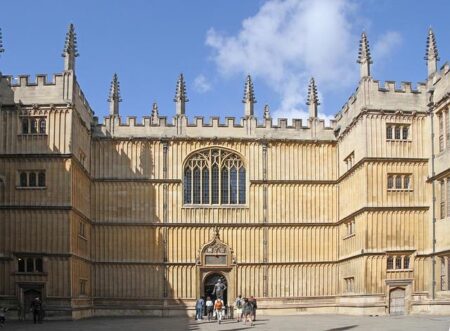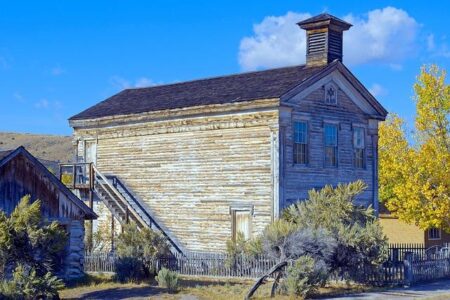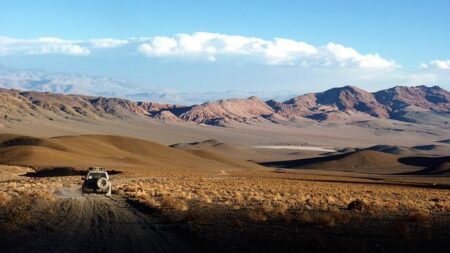Brazil’s President Luiz Inácio Lula da Silva has taken a decisive stance against elements of a controversial environmental bill, vetoing key provisions that critics warned would accelerate deforestation and ecological harm in the Amazon rainforest. The legislative measure, widely dubbed the “devastation bill” by environmentalists and indigenous groups, had sparked nationwide protests and international concern over Brazil’s commitment to combating climate change. Lula’s partial veto signals a complex balancing act between economic interests and environmental protection as his administration seeks to uphold Brazil’s global environmental responsibilities.
Lula Blocks Key Provisions in Controversial Environmental Legislation
President Luiz Inácio Lula da Silva has exercised his veto power to block several critical provisions from a piece of legislation widely criticized as a “devastation bill” by environmentalists and Indigenous leaders. The bill, originally designed to ease restrictions on land use in the Amazon and other ecologically sensitive areas, sparked outrage for potentially accelerating deforestation and undermining protections for Indigenous territories. Lula’s intervention highlights his administration’s commitment to safeguarding Brazil’s natural heritage despite strong political pressure from agribusiness sectors.
Among the vetoed measures were:
- Loosening environmental licensing requirements for large-scale projects.
- Reducing penalties for illegal deforestation activities.
- Allowing expanded commercial exploitation on Indigenous lands.
| Key Provision | Status | Impact |
|---|---|---|
| Environmental Licensing | Vetoed | Maintains strict review process |
| Penalties for Deforestation | Vetoed | Ensures accountability and deterrence |
| Use of Indigenous Lands | Vetoed | Protects Indigenous sovereignty |
Environmental Groups Applaud Veto as Crucial for Amazon Protection
Environmental organizations have hailed President Lula’s decision to veto significant sections of the controversial bill, emphasizing its pivotal role in safeguarding the Amazon rainforest. The veto is seen as a strong statement against legislative attempts that many activists feared would accelerate deforestation and undermine existing protections. Advocacy groups highlighted that this move reinforces Brazil’s commitment to international climate goals and curtails the risk of transforming large swaths of the rainforest into vulnerable land exposed to illegal logging, mining, and agricultural exploitation.
Among the praised aspects of the veto are several key environmental safeguards, including restrictions on expanding cattle ranching and mining operations within protected areas. Representatives from respected NGOs also pointed to the following benefits as reasons for their support:
- Preservation of biodiversity hotspots critical to global ecological balance
- Support for indigenous territories that serve as natural guardians of the forest
- Strengthened enforcement capabilities to combat illegal deforestation activities
The collective response underscores the importance of proactive governance in maintaining the health of the Amazon, often described as the “lungs of the planet.” Observers note that the veto could set a precedent for future legislation prioritizing sustainability alongside economic development.
| Vetoed Bill Provisions | Environmental Impact |
|---|---|
| Expansion of agricultural zones | Reduced habitat loss |
| Loosening mining regulations | Prevented contamination risks |
| Restrictions on indigenous land rights | Protection of cultural and ecological heritage |
Experts Urge Strengthened Policies to Prevent Future Ecological Harm
Environmental specialists across Brazil and the international community have reacted swiftly to President Lula’s recent decision to veto specific provisions of the controversial environmental legislation. These experts emphasize the crucial need for robust policies that not only halt ongoing ecological degradation but also actively restore damaged ecosystems. Many warn that weakening regulations could accelerate deforestation rates, jeopardize biodiversity, and undermine Brazil’s commitments to global climate goals.
- Restoration of Indigenous land rights as a key component for sustainable stewardship.
- Increased funding for enforcement agencies combatting illegal logging and mining.
- Transparent environmental impact assessments to guide land-use decisions.
- Community engagement initiatives to empower local stakeholders.
| Policy Area | Recommended Measure | Expected Outcome |
|---|---|---|
| Deforestation Control | Satellite Monitoring Enhancement | Improved real-time tracking |
| Legal Framework | Stronger Penalties for Violators | Reduced illegal activities |
| Funding | Increased Environmental Budgets | More effective conservation programs |
In Retrospect
President Luiz Inácio Lula da Silva’s decision to veto key provisions of the controversial environmental bill underscores his administration’s commitment to balancing economic development with the protection of Brazil’s vast and vulnerable ecosystems. While the veto has drawn both praise from environmentalists and criticism from agribusiness sectors, it highlights the ongoing tensions in shaping policies that affect the Amazon and the country’s environmental future. As debates continue, Brazil’s path forward remains closely watched by international observers concerned about the global impacts of the nation’s environmental policies.




